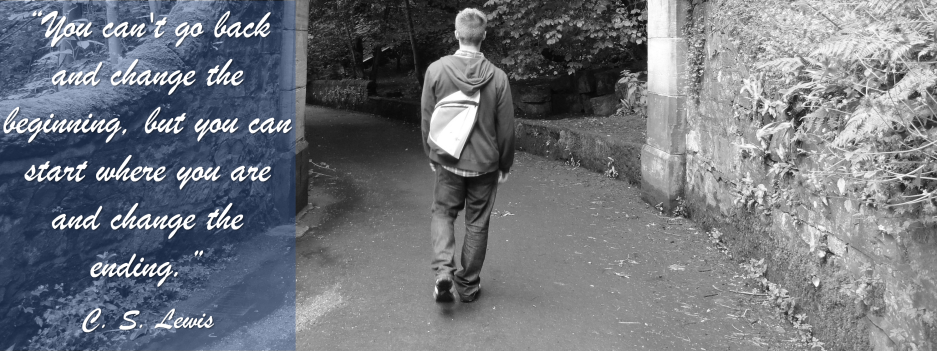Header image credit: me // Featured image credit: Ivanić-Grad (freely available via Unsplash)
I get the appeal of suicide.
Don’t get me wrong: I am not suicidal. I have never harbored such ideations, and I feel safe in saying that I never will (by the grace of God). Also, my life belongs to the King of Kings; it is His to take—not mine—when He deems the time to be right.
But, I get the appeal.
I get being in a darkness so suffocatingly oppressive that it chokes out the memory of light’s warm touch. I get experiencing a night so despairingly long that you’ve lost all faith that the sun will ever rise again. I get feeling like your life is so burdensome and valueless that, like George Bailey, you think it’d be better for everyone if you’d never been born. I get being utterly and completely hopeless that life will ever get better that you’d rather it just end.
At least this life, that is. But thank God this earthly life isn’t the only one.
Continue reading









